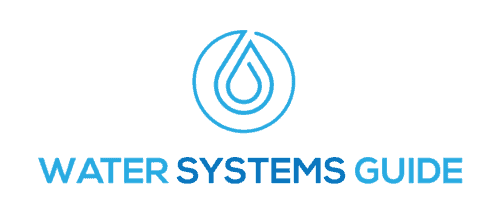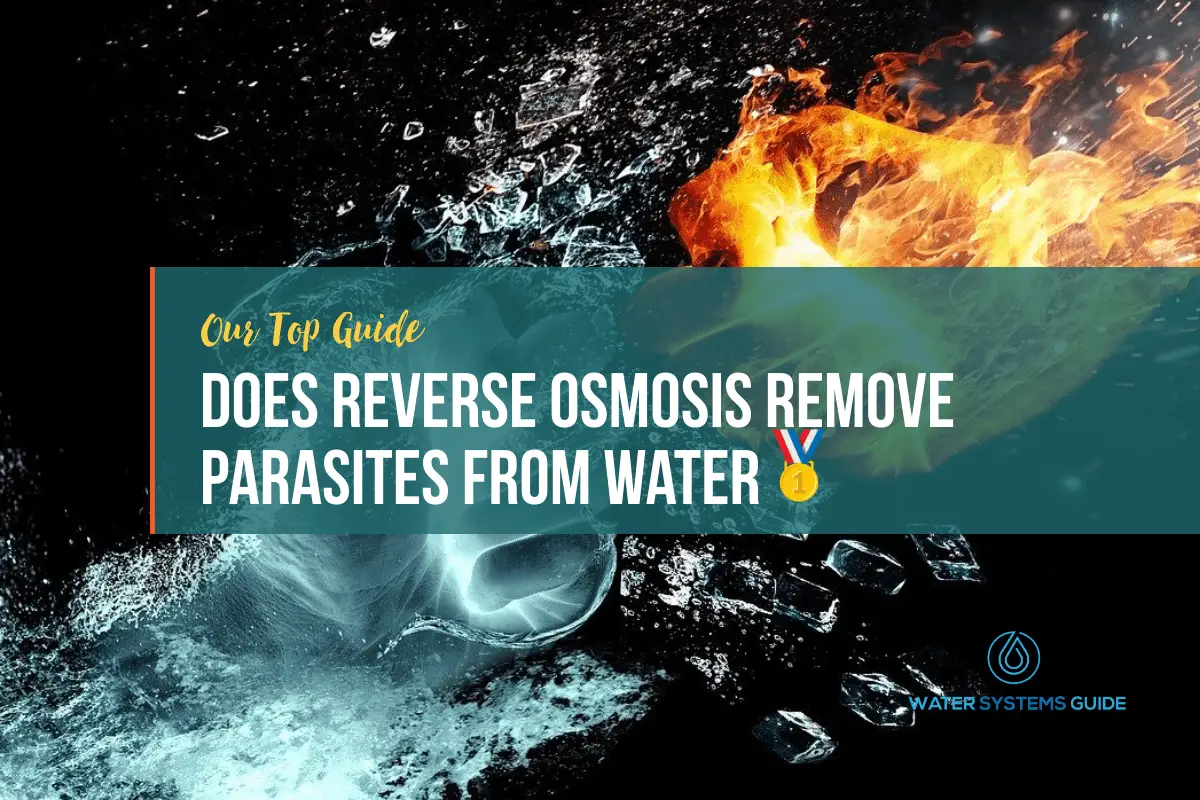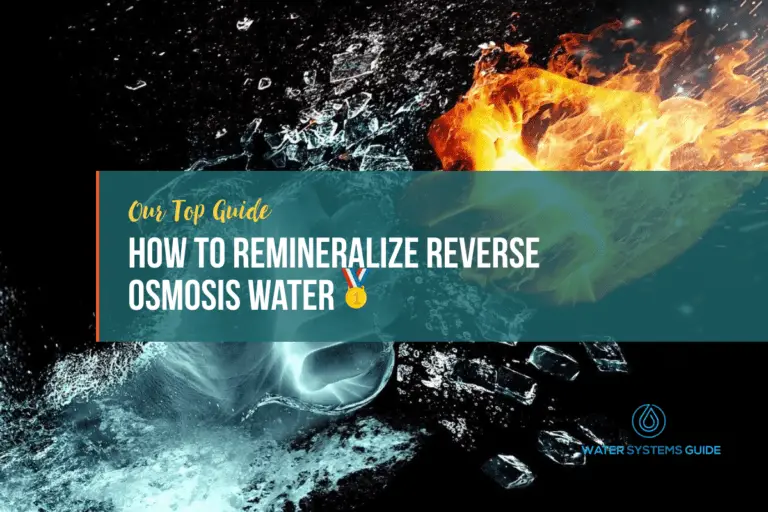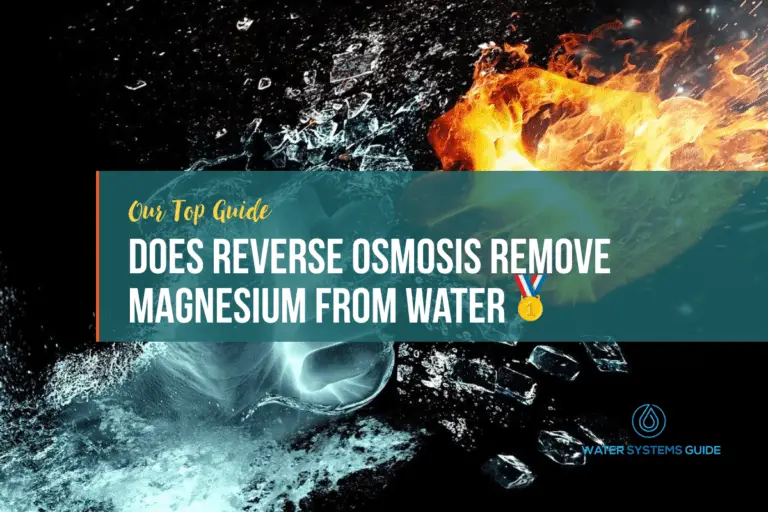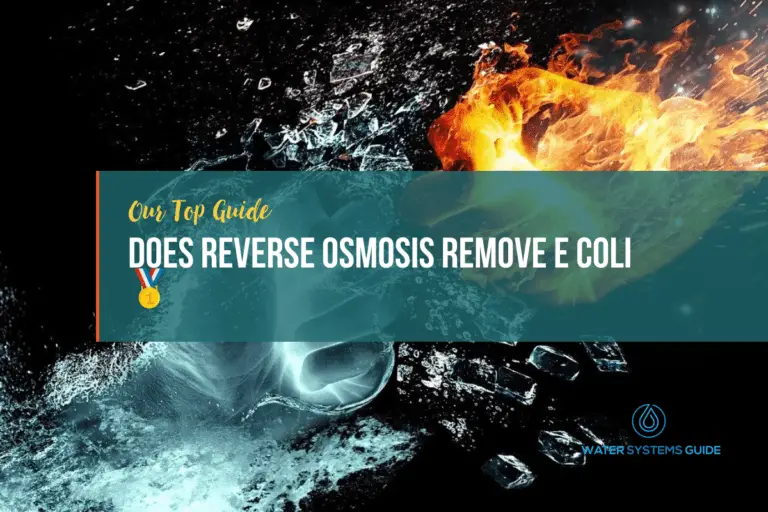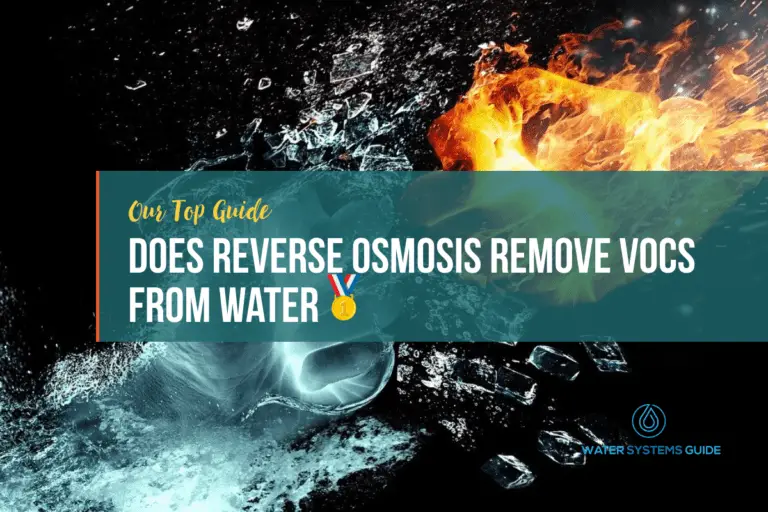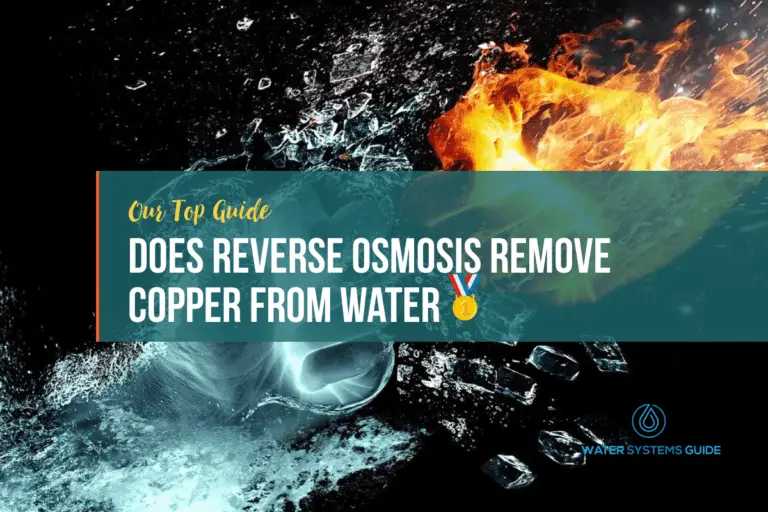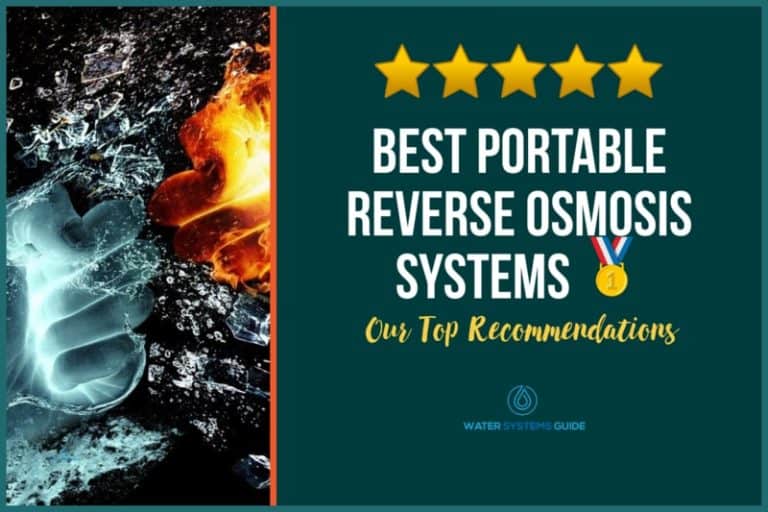Does Reverse Osmosis Remove Parasites From Drinking Water
How Does Reverse Osmosis Work?
What are parasites and where are they found?
A parasite is an organism that lives on or in another organism, known as the host, and derives its nourishment from the host. Parasites can be found in nearly every environment on Earth, including inside the human body. Many parasites are harmless, but some can cause serious diseases.
One of the most common types of parasites found in water is Protozoa (Cryptosporidium & Giardia) which can have mild to serious negative effects on human health.
With that being said, how exactly do parasites get into the water supply?
How do parasites get into a home’s water supply
Parasites can also be found in water, and in particular can be found in a home’s water supply, especially if it’s coming from a local well. It can get into local well water in a number of ways. It can enter through cracks in the well casing or through the groundwater itself. Once in the water, it can spread quickly and contaminate other wells in the area. If you suspect that your water may be contaminated, you should have it tested by a professional.
In these cases, the parasites can cause serious illness, and even death, if not treated promptly. Therefore, it’s important to have your water tested regularly for parasites, and to take steps to ensure that your water supply is free of them.
In terms of municipal water, this is usually treated with chlorine, which kills most parasites. However, there are some parasites that are resistant to chlorine, so it’s still important to have your water tested.
You can also take steps to filter your own water if you’re concerned about parasites.
The Impact Of Parasites on Human Health
There are many different types of parasites that can infect humans and cause serious health problems. Some of the most common parasites include protozoa, worms, and bacteria. These parasites can be transmitted through contaminated food or water, contact with infected animals, or contact with contaminated surfaces.
Parasites can cause a wide range of symptoms including diarrhea, abdominal pain, fatigue, and weight loss. In some cases, parasites can also lead to more serious health problems like anemia, malnutrition, and even (in severe cases) death. It is important to take steps to prevent parasite infections by washing hands thoroughly, cooking food properly, avoiding contact with contaminated surfaces, and making sure your water supply is not contaminated.
Hence, we understand why you’re researching ways to remove it from your water supply, which you consume/drink.
Does Reverse Osmosis Remove Parasites?
Reverse osmosis does not remove parasites from water. Although the process of reverse osmosis will remove other contaminants from water, such as bacteria and viruses, it is also effective in removing some types of parasites, including protozoa (Cryptosporidium & Giardia).
However, RO is not very effective at reducing other kinds of parasites.
Therefore, once you’ve tested your water, if there are other parasites present, you should consult with a water treatment specialist to find a system that will effectively remove them.
What Else Does Reverse Osmosis Remove?
How Else Can I Remove Parasites from My Water Supply?
There are a few other methods that can be used to remove parasites from your water supply, each with differing levels of effectiveness, all of which we’ve shown below:
- Microfiltration – Microfiltration has very high effectiveness in removing protozoa (for example, Cryptosporidium, Giardia)
- Ultrafiltration – Ultrafiltration has very high effectiveness in removing protozoa (for example, Cryptosporidium, Giardia)
- Nanofiltration – Nanofiltration has very high effectiveness in removing protozoa (for example, Cryptosporidium, Giardia)
- Distillation Systems – Distillation Systems have very high effectiveness in removing protozoa (for example, Cryptosporidium, Giardia)
- Ultraviolet Treatment Systems (with pre-filtration) – Ultraviolet Treatment Systems have very high effectiveness in removing protozoa (for example, Cryptosporidium, Giardia)
Conclusion
In conclusion, does reverse osmosis remove parasites? Yes, it does remove protozoa (Cryptosporidium & Giardia). There are also some other means of removing parasites from your water supply which we’ve discussed directly above.
It’s recommended to speak to a specialist to discuss your own unique situation and to get your water tested professionally before deciding on the best system for your needs.
